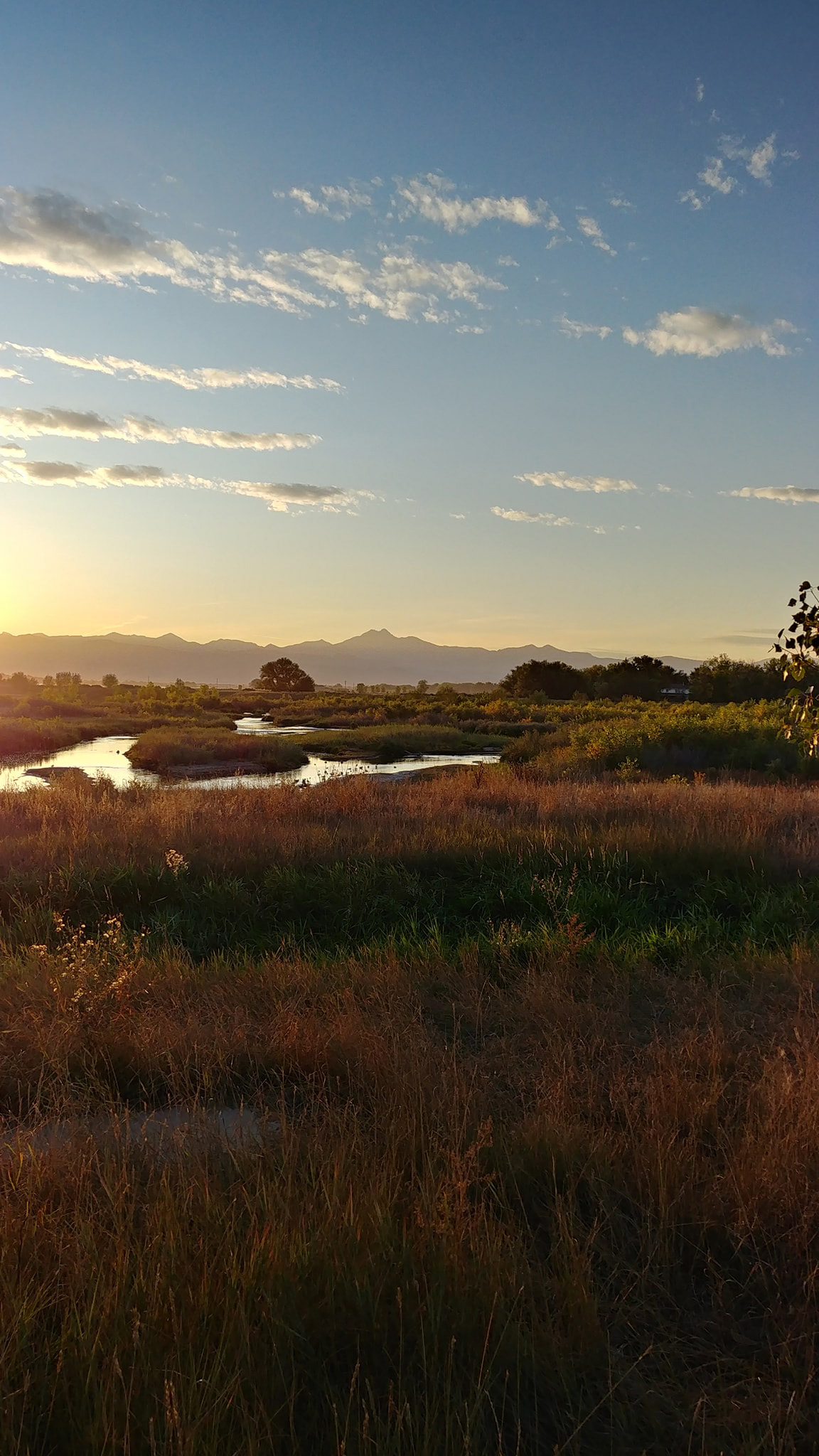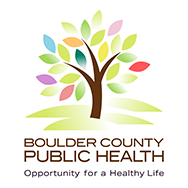What You Can Do to Protect Our Air
Our cars, lawn and garden equipment, and other products (e.g., paints and cleaners) are all responsible for ozone pollution. Ozone is a volatile and reactive compound. When ozone forms faster than it can break down, levels become high. Ozone levels can become high anytime, but ozone forms faster with warm temperatures, especially when summer days are hot, sunny, stifling, and with little wind. Because of the geography of the Front Range, ozone levels tend to be higher in the Denver Metro Region than in other parts of Colorado.
Health Impacts of Ozone
When ozone levels are high, exposure can cause acute respiratory problems and trigger asthma attacks. Prolonged exposure can cause long-lasting damage to the lungs. Health impacts are more common and severe among the elderly, the very young, and people who have compromised immune systems.
Personal Actions
Adjust Driving Habits
Driving is a typical person’s most air-polluting activity. Consider these options for reducing your impact on our air:
- Combine Trips: Vehicles on the road create more than 25% of all air pollution nationwide.
- Take the Bus or Carpool: The average driver spends about 56 cents per mile on their vehicle, including ownership and maintenance. Find other ways to get around.
- Ride a Bike or Walk: These are simple ways to get exercise and help clear the air.
- Telecommute: Just telecommuting one day a week for a year can save the typical commuter about 1,200 miles on their vehicle and about $455 in total driving costs.
- Care for your Car: A well-maintained vehicle produces 20% less ozone-related emissions and uses less gas – saving you money.
- Check your Tires: Properly inflating your tires can save up to 18 gallons of gas per year.
- Fuel when it’s Cool: Refueling during early or evening hours can prevent gas fumes from heating up and creating ozone.
- Don’t Top off the Tank: Topping off your tank releases gas fumes into the air canceling out the benefit of the pump’s pollution control device.
- Go Electric or Hybrid: Electric vehicles do not produce tailpipe emissions. While charging the battery may increase pollution at the power plant, total emissions associated with driving electric vehicles are still typically less than those for gasoline cars—particularly if the electricity is generated from renewable energy sources like wind or solar.
- Turn Off Your Car: Idling for over 10 seconds uses more fuel than restarting your engine (idling for more than 30 seconds for diesel engines). When you turn off your engine while you wait or are parked, you:
- Reduce harmful greenhouse gas emissions and smog.
- Reduce unhealthy exhaust fumes that contribute to asthma and cardiovascular episodes.
- Use less fuel; saving fuel will save you money.
- If every US resident reduced their idling by 5 minutes a day, we could save as much as 3.8 million gallons of gasoline and reduce carbon dioxide emissions by 40,000 tons daily or 13 million tons annually.
Use Electric Gardening Equipment
Use hand or electric-powered lawn and gardening tools instead of gasoline-powered equipment. If you do use gas-powered tools wait until evening to use them.
Get Alerts
Sign up to receive Ozone Action Alerts to get the most up-to-date information about Colorado Air Quality.
Track Trips
Tracking trips can show you the impact of your actions. Try the Way to Go tracker.
Get Involved
Get involved in the community and be a leader in caring for our air. Check back soon for meeting times and locations.




